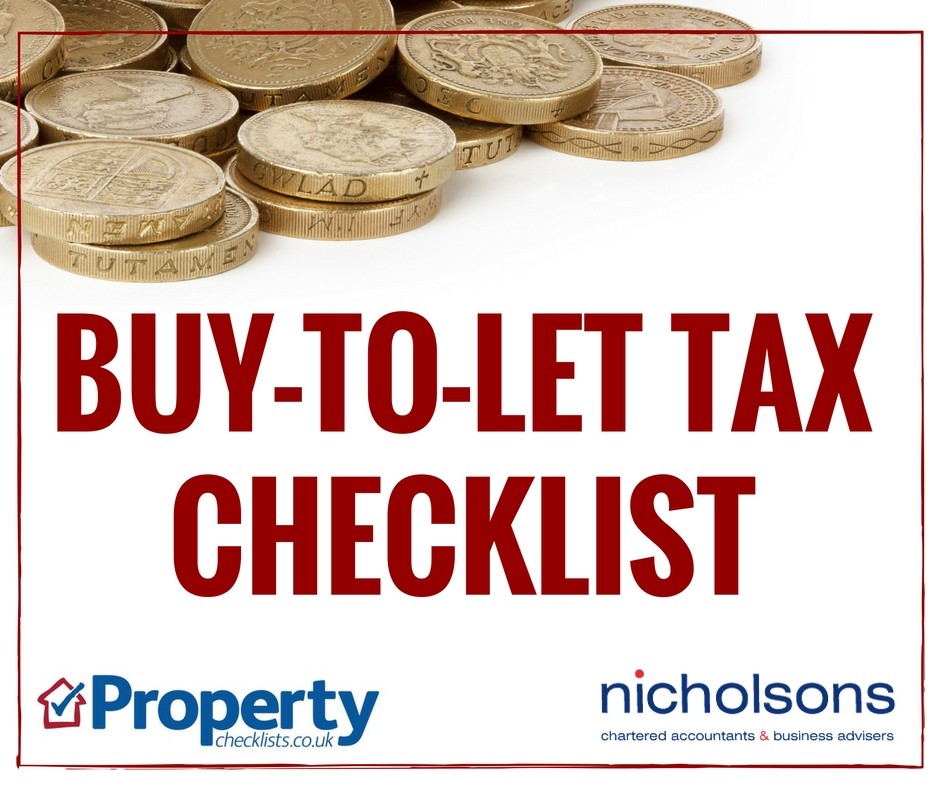UPDATED 2nd APRIL 2020 FOR THE STAY AT HOME MEASURES

Whenever you purchase a property it is important to work out what to do if things go wrong and have a plan via your mortgage and legal company, so you only commit when you know it’s safe to do so.
No-one could have predicted this Coronavirus pandemic but, similarly, few predicted the credit crunch or the 2003 slowdown. Property prices can fall at any time and, given that people tend to own properties for up to 60 or more years, the only guarantee is that during your home ownership you will see prices rise, fall and stay the same.
We don’t know what is going to happen in the future or how long Coronavirus will impact on our economy.
For more help, please read our Q&As for consumers during Coronavirus, for:
A Government spokesperson from MHCLG said: "Home buyers and renters should, as far as possible, delay moving to a new house while emergency measures are in place to fight Coronavirus.
“If moving is unavoidable for contractual reasons and the parties are unable to reach an agreement to delay, people must follow advice on social distancing to minimise the spread of the virus.
“Anyone with symptoms, self-isolating or shielding from the virus, should follow medical advice and not move house for the time being.”
Where moves do need to go ahead, all those involved should take care to follow Government guidance on social distancing and hygiene. See Public Health England guidance here.
Any other moves will need to be put on hold until the stay at home guidance is over.
If you have already found the property of your dreams or are planning to get on the ladder for the first time, don't just stop the buying process.
Use the time to do some research to make sure the property you love is good value for money by checking out sold property prices.
Take the time to discuss your worries and fears about buying under the current uncertainty with your lender, broker and legal adviser, as they are the people to advise you of what to do once the lock down is over.
Whenever you buy a property, problems you hadn’t anticipated can arise. These may be personal to you or may be issues caused by factors beyond your control.
Even when we come out of this stay at home phase, it's likely the big fears for those wanting to buy are (a) that prices will fall and (b) people will pull out during the process due to on-going issues with Coronavirus.
With regard to people pulling out, that can happen at any time, in any market – in fact, 25%-30% of sales fall through after the offer stage. But, typically, when the market is uncertain, although there are fewer buyers and sellers, those that are moving tend to be more serious about it, so transactions are less likely to fail.
And it is worth remembering that, for most people, Coronavirus symptoms will only last for a few days; isolation lasts, typically, for a couple of weeks and most of the work involved in a property purchase/sale can be carried out remotely bar viewings, valuations and physically moving.
As far as house prices falling is concerned, they can do that at any time, for any reason! A key way to protect yourself is to make sure you aren’t forced to sell at a time when the property is worth less than you paid for it.
Caution: the below is NOT to be relied upon as advice - you need to discuss your options with a suitably qualified professional mortgage lender, broker, legal representative and/or agent.
There are lots of reasons why people may be forced to sell a home, over and above ‘shocks’ like the credit crunch or Coronavirus. These include:
There are three key things you can do to help ensure the mortgage can still be paid:
The Coronavirus crisis has resulted in a temporary forth option: that mortgage lenders will give you a payment holiday, not only for a standard residential mortgage, but also if you are paying back the loan on a Help to Buy mortgage. Lenders are also not able to repossess a property.
Please note: All lenders have been inundated with calls in recent days and many have now added advice to their websites for worried customers. Go online first as there are reports of people holding for some time on the phone.
Please note this is the official Government guidance for people and property during the stay at home measures:
Buying and selling, some information on letting
Carrying out work on a property eg safety checks or renovations
Cleaning a property
| Buy to let insurance - Direct Line for Business |
Advantages of a new build property - Barratt London |
Buy to let tax - Nicholsons |
 |
 |
 |